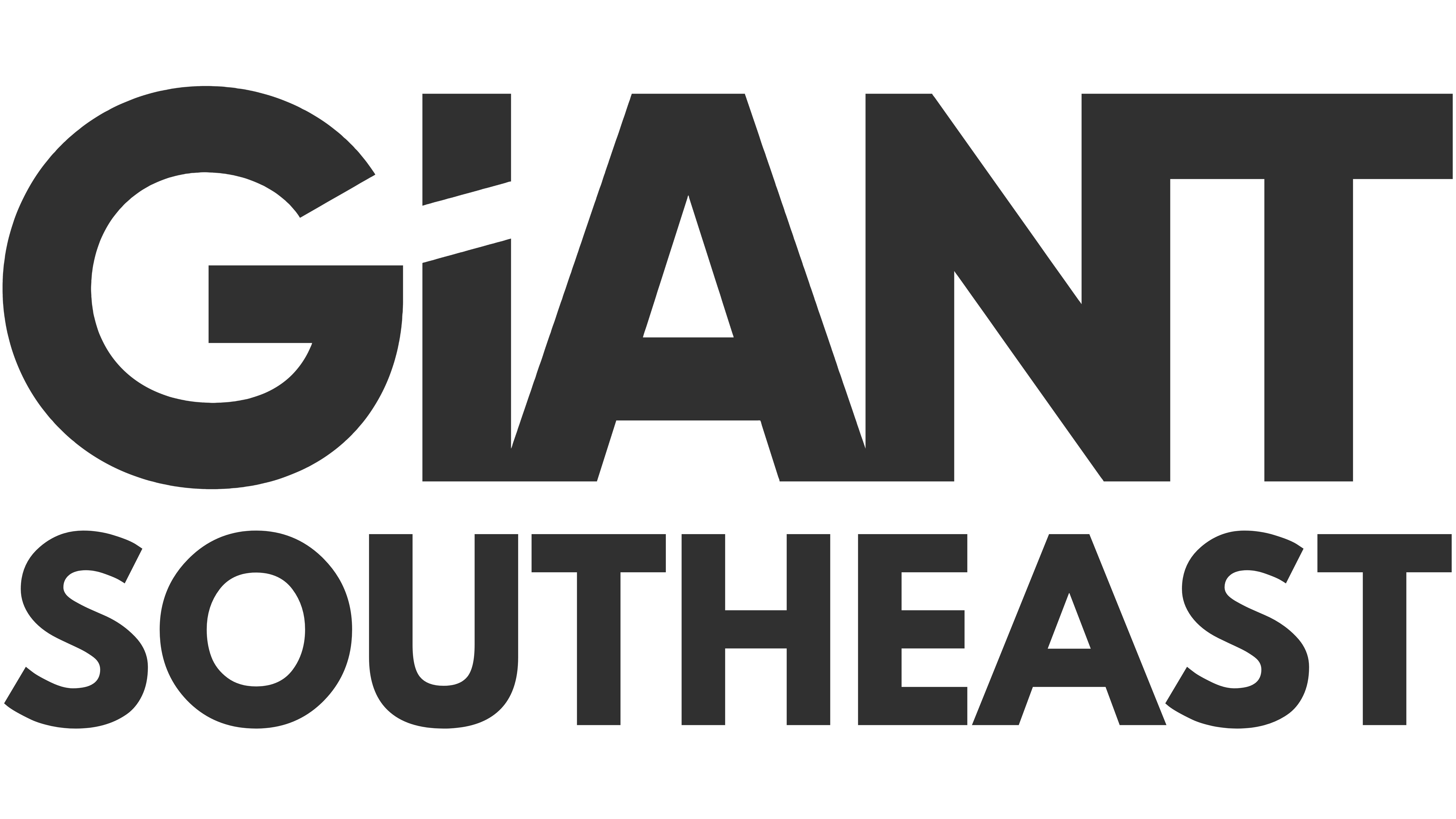The #1 Killer of Team Performance is a lack of Trust!
That is why, on average, teams perform at only 60% of their full potential.
Here's how to build trust and performance systematically in your team
Trusted by the best.

Why this solution is for you?
GiANT aided us in identifying areas where varied work approaches and communication methods could have posed challenges. Instead, they guided us in using these differences to our advantage, resulting in increased productivity and better results.
- Mark Berry SVP Research and Development, Southern Company

The facts about TRUST
1
Research on high-performing teams showed that TRUST was the MOST important metric for team performance.
- Google
2
Only 23% of U.S. employees strongly agree that they TRUST the leadership of their organization.
- Gallup
3
TRUST has a tangible effect on how people ENGAGE with your company and, ultimately, their performance.
4
A highly ENGAGED workforce can expect an increase of 18% in productivity, and 23% in profitability.
- Gallup
5
High-TRUST companies “are more than 250% more likely to be high performing revenue organizations”.
- (credit HBR)
Are you experiencing any of the following trust-related issues on your team?
1. Fear of conflict within the team
2. Risk avoidance or fear of change
3. Lack of healthy communication
4. Silos or turf wars
5. Micromanaging
6. Withholding new opportunities from team members
7. Low desire to engage in team or company events
Our Approach
We have empirical evidence that the following three components are essential for increasing team performance and results:
1
Self Awareness
must increase for every member of the team.
2
Communication
must improve to impact team alignment and collaboration.
3
TRUST
must increase in order for the team to effectively achieve business results.
Why this solution is for you
The GiANT team does an amazing job of illustrating how to maximize one’s influence and build trust. The core principles of Being for Others, and Relational before Transactional, are paramount in today's digital world where connectivity and chemistry can be lost. Taking the time to understand and connect with people on a personal level establishes a foundation of trust and understanding. Building trust and rapport through authentic conversations, active listening, and empathy helps bridge the gap.
- Mickey Daniell Manager, Regional Community Development Georgia Power

Our Solution

Step 1: Self-Awareness
Self-awareness serves as the foundation for personal growth and development. Understanding oneself, including emotions, strengths, weaknesses, and values, is crucial for effective communication and building trust with others. Without self-awareness, it becomes challenging to identify areas of improvement, adapt communication styles, and establish genuine connections with colleagues and peers.
Step 2: Communication
It is the primary tool for expressing thoughts, ideas, and emotions, and it facilitates understanding and collaboration with others. Effective communication encompasses both verbal and non-verbal forms of expression. Without effective communication skills, self-awareness and trust may not translate into positive actions or interactions. It bridges the gap between individuals and is essential for maintaining productive relationships.


Step 3: Trust
Workplace trust refers to the confidence and belief employees have in their colleagues, leaders, and the organization as a whole. It is built on open communication, honesty, integrity, and the consistent demonstration of reliability and support. Workplace trust fosters collaboration, engagement, and a positive work environment, where employees feel valued and safe to take risks, share ideas, and contribute their best efforts.
That's why we created our
3-Step System
To help you maximize the health and performance of your people, so that you can achieve the business results you desire.
Ready to learn more and start seeing results today?
© 2021 GiANT Southeas (Affiliated with GiANT Worldwide and built by AG)

